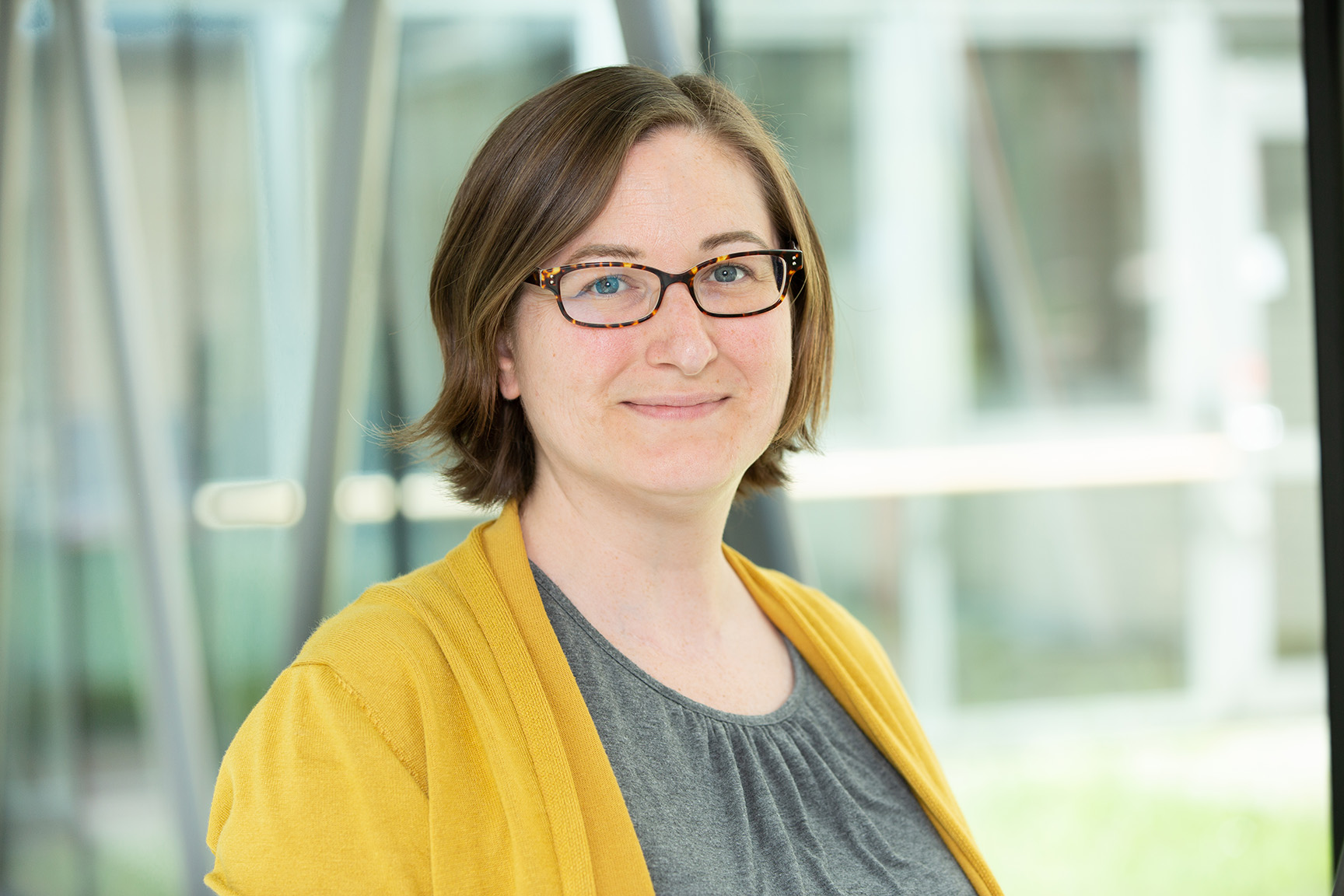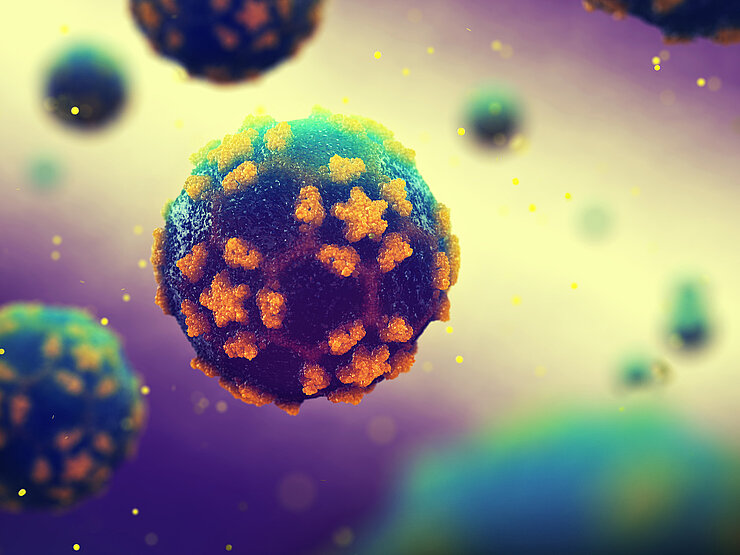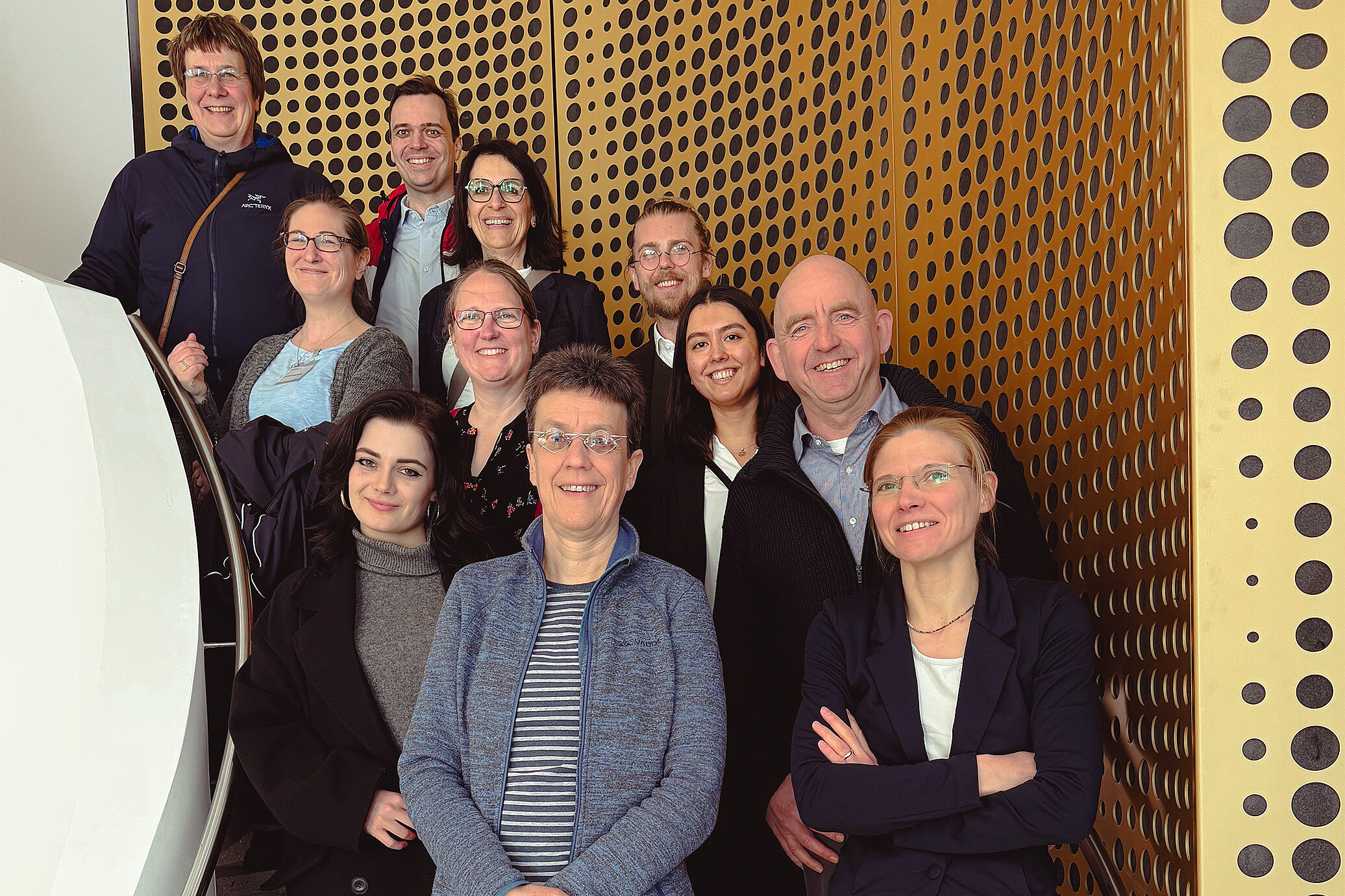There have been no cases of polio in Germany for more than 30 years. What prompted you to look into polio vaccination protection in Germany?
Carolina Klett-Tammen: We were prompted to take a closer look at the polio vaccination status by the report at the end of 2024 that the Robert Koch Institute (RKI) had found polioviruses in the wastewater of several major German cities. To do this, we used a cohort dataset that we already had on hand. We were very surprised by the result, as the vaccination rate was much lower than is generally assumed from population studies.
How did you then proceed to investigate the vaccination status in more detail?
More than 1000 participants in the PCR-4-ALL cohort study answered a questionnaire. With the help of this digital cohort, we are actually investigating testing strategies in outbreak situations in order to be better prepared for pandemics. During the cold season, the participants test themselves weekly for respiratory syncytial virus (RSV), influenza and SARS-CoV-2 and report whether they have symptoms via the digital HZI application PIA (Prospective Monitoring and Management App).
On the occasion of the discovery of polioviruses in wastewater, we investigated whether we could also examine the immunity status of the cohort at short notice. The test subjects provided us with information on both documented and self-reported polio vaccinations - i.e. those that they remember having received.


![Dr Charlotte Schwenner [Translate to English:] Charlotte Schwenner](/fileadmin/_processed_/6/9/csm_Charlotte_Schwenner_7952cfe0a7.webp)



